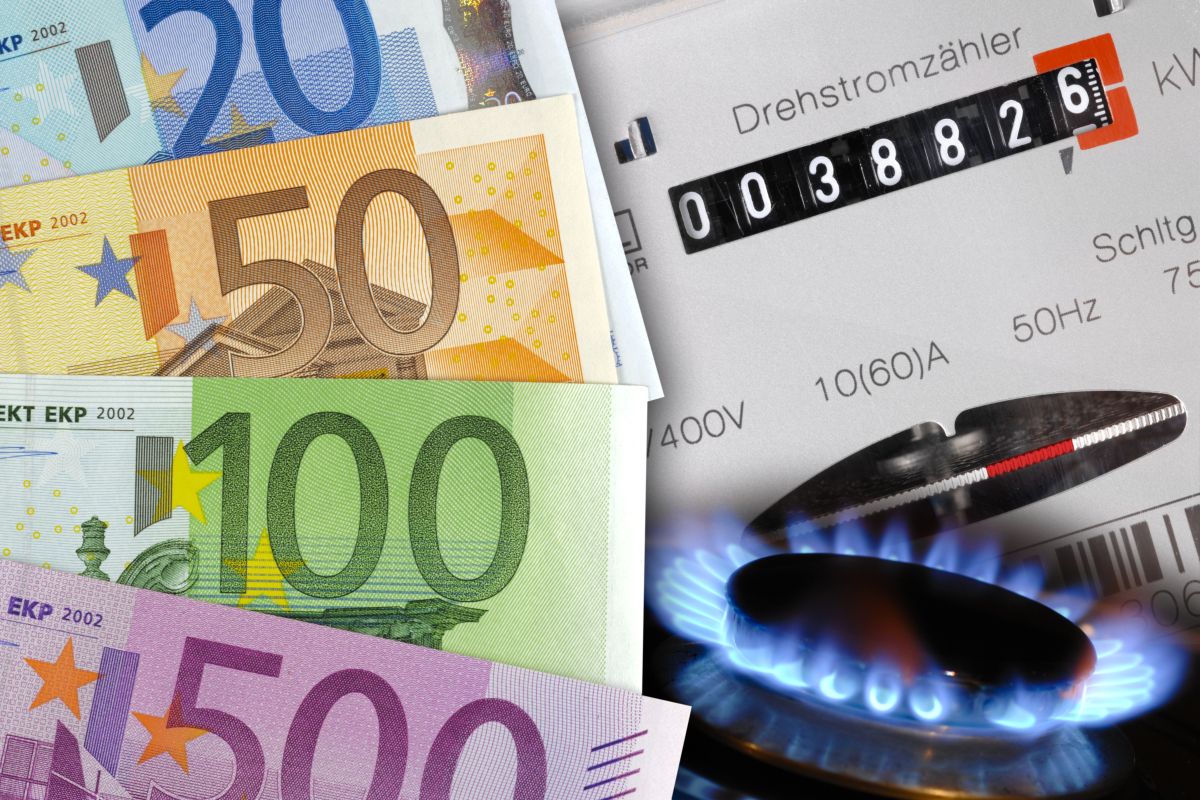Natural gas in Europe soared to the highest levels in a year on Thursday, following warnings from the Austrian group OMV of a possible supply cut from Russia.
European benchmark TTF futures rose as much as 5% to 46 euros per megawatt hour, before retreating to just above 45 euros.
It is recalled that late on Wednesday OMV sounded the alarm about a “possible interruption of natural gas supplies” from Russia, after the Vienna energy and chemicals group was awarded 230 million euros by an arbitration decision against Gazprom.
OMV had complained about “irregular” gas supplies from the Russian company to Germany, before the supplies fully expire in September 2022. The Austrian group also explained that it would “offset” the amount with invoices from its Gazprom contract with “immediate effect”. However, he warned that her move could lead to a “deterioration of the contractual relationship”.
Europe’s natural gas market has been particularly vulnerable to any supply disruption since Russia began cutting supplies to Europe in 2021 ahead of its invasion of Ukraine. In recent years, events that disrupt or threaten to disrupt global natural gas supplies have led to sharp price movements in Europe.
Natural gas through Ukraine
Both Austria and Slovakia continue to receive Russian gas via Ukraine under a transit agreement that expires at the end of the year. It is one of two remaining routes supplying Europe with Russian natural gas and accounts for around 5% of the EU’s annual gas imports.
Analysts have warned that volumes passing through the Ukraine transit route could almost halve if Gazprom halts supplies due to the OMV decision, and the market will know within a week.
Tom Marzec-Manser, head of gas analysis at consultancy ICIS, tells the Financial Times that Gazprom customers typically pay for supplies on the 20th of the month. And he warned that “OMV may withhold this next payment, which would be around 213 million euros, but this could cause Gazprom’s contract to be terminated immediately.”
The announcement comes as colder weather sets in and annual demand for heating gas rises.
It notes that according to data from industry data provider Gas Infrastructure Europe, EU gas storages have had net withdrawals for 10 consecutive days, which is also boosting prices.
OMV’s natural gas commitments
OMV added that it will be able to fulfill contracts for energy delivery as it has already diversified from Russian gas. Austrian Energy Minister Leonore Gewessler also wrote on social networking site X that OMV’s actions “do not pose a direct threat to our security of supply.”
However, he warned: “It is clear that a sudden supply cut could cause tension in natural gas markets.”
In Slovakia
SPP, Slovakia’s biggest energy provider, also said on Wednesday it had signed a “short-term, pilot contract for the supply of natural gas” with Azerbaijan’s state-owned oil and gas company Socar, pending the expiration of Ukraine’s transit agreement .
“SPP supports the continuation of natural gas transportation through the territory of Ukraine. . . because it is the most economical solution for our customers”, he said. “However, due to the high risk of disruption of natural gas supply through the eastern branch, we are taking measures to guarantee the safe supply of natural gas to our customers.”
Revaluations in Greece
The Minister of Environment and Energy Theodoros Skylakakis is preparing an intervention to absorb part of the increases in electricity.
Speaking to OT, Thodoros Skylakakis emphasizes: “There is no way the government will allow such price increases in the current”.
And he announces: “We will also intervene this time not only in electricity bills for households but also in professional electricity tariffs and businesses.”
Speaking to OT, Thodoros Skylakakis describes “what is happening in the markets as unthinkable”. However, when asked about the way to intervene so that households and businesses are not burdened by increases in the stock markets, he is modest: “We are studying it as, as you know, the European Commission does not allow interventions in prices.”
It should be noted here how the Greek government has submitted a proposal for the possibility of operating a mechanism for extraordinary and extreme price changes.
The Commission has committed to examine the Greek proposal.
Increases in current
The increases in the Greek energy exchange from November 9 until today reach 136%!
The wholesale price from 91.92 euros per Megawatt hour reached today 217.25 euros per Megawatt hour with a decrease of 5.48% compared to November 13, when the stock exchange price closed at 229.84 euros per Megawatt hour.
As OT has written, the extreme fluctuations in wholesale prices are not only observed in the Greek stock market but also in the rest of the European markets.
SOURCE: ot.gr
#Natural #gas #highest #level #TTF


